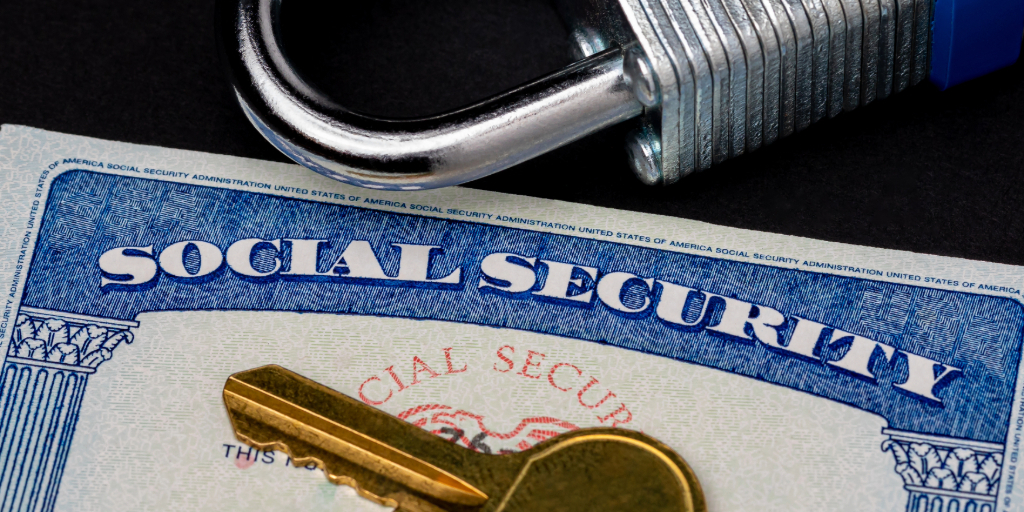Don’t Be Fooled: How to Spot and Stop Government Imposter Scams
Minute Read

At Members 1st, we are looking out for you—and that includes helping you stay safe from scams. Government imposter scams are one of the fastest-growing threats out there today. These scams can be convincing, intimidating and unfortunately, very costly. But the good news is, once you know what to look for, you’ll be much better prepared to protect yourself and your loved ones.
Let’s break it all down together—no stress, no fear, just friendly fraud education.
What Is a Government Imposter Scam, Anyway?
Government imposter scams happen when someone pretends to be from a government agency—like the IRS, Social Security Administration or even local law enforcement—to try to trick you into giving them money or personal information.
Scammers can be very convincing. They might call, text or even send you an official looking email. They may use fake names, spoofed phone numbers and threats to make their message sound urgent or scary.
Here’s the big red flag: real government agencies will never contact you out of the blue to demand money, threaten arrest or ask for sensitive information over the phone.
Watch Out For These Common Tactics
Scammers are sneaky, but their tricks tend to follow a pattern. They often:
-
Pretend to be someone in authority. They might claim they’re from the IRS, the FBI, the police or the Social Security Administration.
-
Claim there’s an urgent problem. They might say you owe taxes, your Social Security number has been suspended or you are under investigation.
-
Pressure you to act fast. Scammers often try to get you flustered so you’ll panic and pay them.
-
Ask for unusual payment methods. If someone demands payment by gift card, wire transfer or any other unusual form of payment, it's a scam. Every time.
According to the Federal Trade Commission (FTC), thousands of people lose millions of dollars to these types of scams each year. But here’s the upside: a little awareness goes a long way in protecting yourself.
How to Protect Yourself and Your Loved Ones
Here are a few simple ways you can stay ahead of the scammers:
-
Don’t trust caller ID. Scammers can make it look like they’re calling from a government agency or a local number, even when they’re not.
-
Slow down and think. If someone is pressuring you to act right away, that’s a huge red flag. Take a breath and don’t be afraid to hang up.
-
Never give out personal information or payment over the phone. Government agencies won’t ask for things like your Social Security number, bank account details, credit or debit card numbers or passwords out of the blue.
-
Double-check directly. If you’re ever unsure, look up the official contact information and call the number yourself.
The FTC has an excellent guide on how to avoid these scams, which you can read here: How to Avoid a Government Impersonation Scam.
What To Do If You Think You’ve Been Targeted
If you suspect a scam—or you have already responded to one—don’t panic. Here are a few steps you can take:
-
Stop communication with the scammer.
-
Report the scam to the FTC at ReportFraud.ftc.gov.
-
Contact Members 1st immediately if you have shared any financial info. We're here to help protect your accounts and guide you through the next steps.
-
If your social security number has been compromised, contact all three credit bureaus to place an alert and freeze your credit:
-
Tell a friend. Spreading the word is one of the best ways to protect your community.
Final Thoughts: When in Doubt, Reach Out
Download our Cybersecurity Awareness Checklist for a step-by-step guide to spotting and stopping fraud. Your financial safety matters to us. If you ever receive a suspicious message, call or email and aren’t sure what to do, give us a call or stop by a branch. We’ll help you sort it out—no judgment, no pressure.
We’re here to be your partner in everything financial, including helping you stay safe in a digital world.
